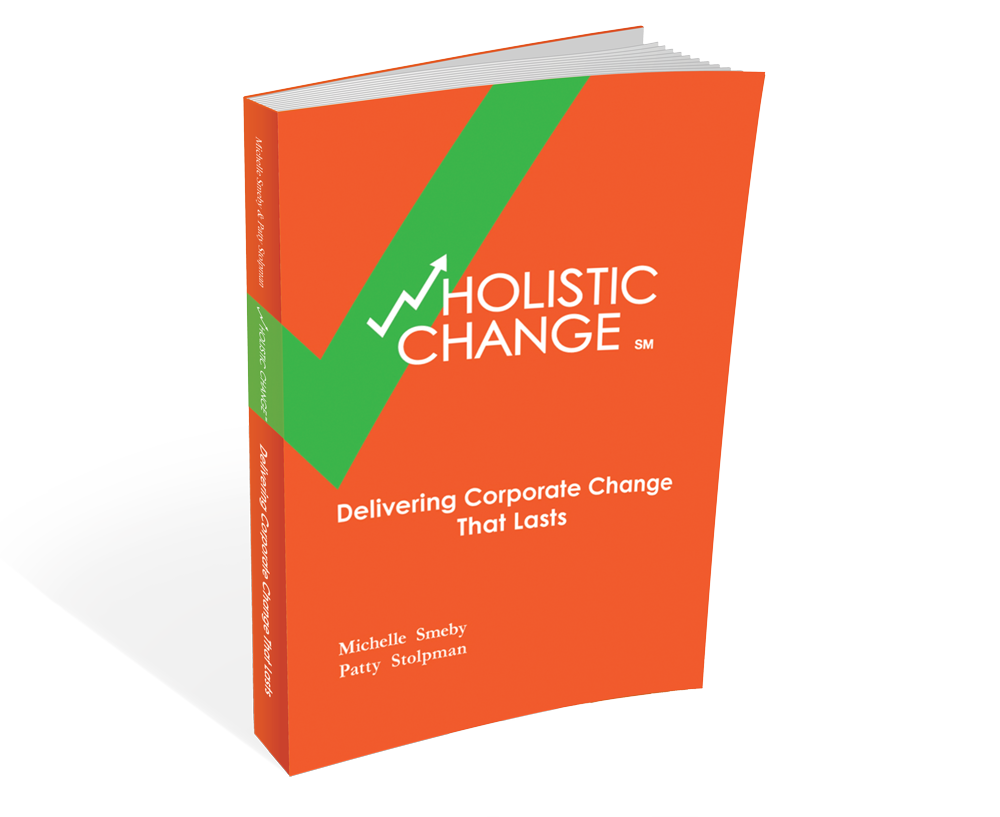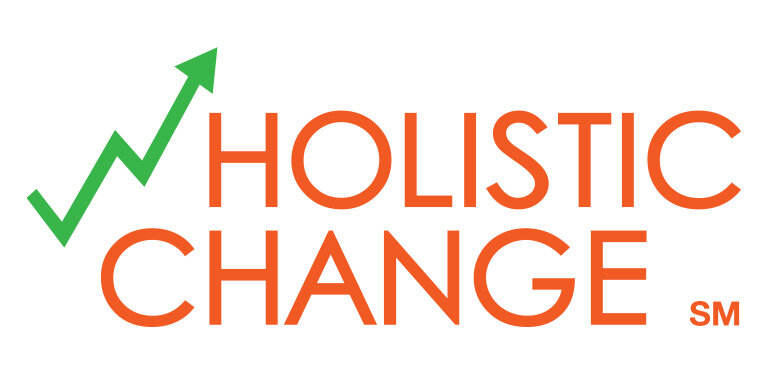I remember a conversation I had with my grandmother when I was young. One of her pet peeves was hearing someone say "no, but..." As a teenager, "no, but" was definitely part of my vernacular! It was in my first improvisation class where I learned the power of what my grandmother taught me: Approaching people from a "yes, and" perspective opens us up to greater possibilities:
- "Yes, and" implies that I have heard you, and I am adding to what you said to make the sum of our two perspectives something even bigger and better than either of us could do alone.
- "No, but" asserts that I disagree with you, and I am also redirecting the conversation to take it where I want it to go (regardless of your feelings or your perspective).
- "Yes, and" keeps the story moving. It demonstrates respect and inclusion, interpreted as: I heard you and am adding to what you just said.
- "No, but" stops the story. It implies exclusion, interpreted as: you are wrong and I am correcting it.
As we approach the end of the year, many of us are writing annual performance reviews and reflecting on what we and our teams have accomplished (or not). To be sure that our feedback is taken to heart to improve in the year to come, we can learn from the Harvard Business Review blog by Daniel Goleman, "When You Criticize Someone, You Make It Harder for that Person to Change:"
Working with colleagues at Cleveland Clinic, [Richard] Boyatzis put people through a positive, dreams-first interview or a negative, problems-focused one while their brains were scanned. The positive interview elicited activity in reward circuitry and areas for good memories and upbeat feelings – a brain signature of the open hopefulness we feel when embracing an inspiring vision. In contrast, the negative interview activated brain circuitry for anxiety, the same areas that activate when we feel sad and worried. In the latter state, the anxiety and defensiveness elicited make it more difficult to focus on the possibilities for improvement.Of course a manager needs to help people face what’s not working. As Boyatzis put it, “You need the negative focus to survive, but a positive one to thrive. You need both, but in the right ratio.”
As 2013 comes to a close, I propose you leverage the philosophy of "yes, and" and frame it with the performance feedback advice from one of my favorite authors, Jeff Haden's Inc.com article, "Try This One Phrase to Make Feedback 40% More Effective:"
I'm giving you these comments because I have very high expectations and I know that you can reach them....those words are powerful because they are not really feedback. They're a signal that creates something more powerful: a sense of belonging and connection.Looking closer, the phrase contains several distinct signals:1) You are part of this group.2) This group is special; we have higher standards here.3) I believe you can reach those standards....when we receive an authentic, crystal-clear signal of social trust, belonging, and high expectations, the floodgates click open.
I hope this approach helps you close out 2013 on a positive note and I look forward to how we will all continue to improve in 2014!

